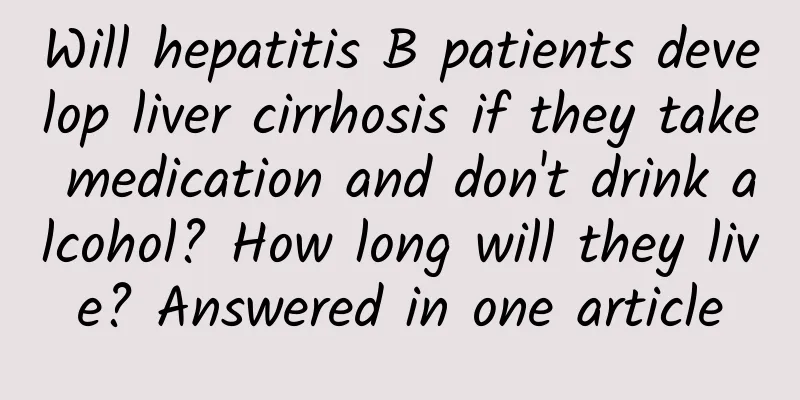What should I do if my vulva is itchy after a normal birth?

|
If conditions permit, more women will choose natural childbirth. There is a major harm in choosing natural childbirth, which is that it will damage the vagina. Women are prone to vaginitis after natural childbirth, so preventive measures must be taken. The most important thing is to maintain local hygiene. The pants worn after delivery must be loose and breathable. In addition, the genitals must be washed frequently, and a cheerful mood must be maintained, etc. If vulvar itching occurs after natural childbirth, the following methods can be taken to relieve the symptoms. What to do if you have postpartum vulvar itching? If symptoms of vaginal itching occur after a normal delivery, it is very likely that the mother has postpartum vaginitis. Because postpartum vaginitis is an inflammation caused by vaginal infection after giving birth, it is more common in normal vaginal delivery. Postpartum women suffering from vaginitis often experience uncomfortable symptoms such as vulvar itching and burning pain, which poses a great threat to their health. Therefore, mothers should actively prevent and promptly treat postpartum vaginitis. So, what should you do if you have vaginal itching after a normal birth? How to deal with postpartum vaginitis? Vaginitis is an inflammation of the vaginal mucosa and submucosal connective tissue and is a common disease in gynecological clinics. Due to the anatomical and biochemical characteristics of normal healthy women, the vagina has a natural defense function against the invasion of pathogens. When the natural defense function of the vagina is destroyed, pathogens can easily invade and cause vaginal inflammation. Due to estrogen deficiency, young girls and postmenopausal women have a thin vaginal epithelium, reduced intracellular glycogen content, and a vaginal pH of around 7. Therefore, the vaginal resistance is low and they are more susceptible to infection than adolescents and women of childbearing age. Before treating postpartum vaginitis, a leucorrhea examination should be performed first to identify the pathogen of vaginitis. When using medication, it is necessary to be targeted and weigh the pros and cons. It is necessary to treat the vaginitis of the parturient while trying to avoid adverse effects of the medication on the infant. If it is Trichomonas vaginitis or bacterial vaginosis, you can take metronidazole orally or insert it into the vagina; if it is Candida vaginitis, you can take itraconazole orally or insert Daconil suppositories, Canesten suppositories or nystatin tablets into the vagina. It should be noted that the above oral medications can be excreted through breast milk and may have adverse effects on infants. Therefore, breastfeeding is not advisable while taking the medication. If the postpartum lochia has not yet cleared, it is not advisable to use local vaginal suppositories or vaginal douching, so as to avoid ascending vaginal infection and pelvic inflammatory disease. |
<<: How long after embryonic arrest can you have a baby?
>>: What should I do if I have local itching on the vulva?
Recommend
Ovarian cyst belly enlargement photo
If women do not pay attention to their health in ...
Can I go swimming during my period?
There are many things that women should pay atten...
What to do if women have itchy lower body
I believe that many female friends have encounter...
I feel sleepy and want to sleep after taking progesterone
Key reminder: Progesterone is a type of hormone t...
When will McDonald's coconut pie be available? When will McDonald's coconut pie be removed from shelves?
McDonald's Coconut Pie is a seasonal delicacy...
Are subserosal uterine fibroids serious? How to treat them?
After the age of 40 or 50, women's bodies gra...
Is it true that salmon tails are poisonous? Why are salmon tails so cheap?
Salmon has delicious meat, few bones and lots of ...
What should you pay attention to when taking care of your skin during pregnancy?
For pregnant friends, it is necessary to understa...
If your child repeatedly clears his nose and throat, don't rush to diagnose rhinitis. It may be caused by tic disorder.
Dongdong's mother has been a bit overwhelmed ...
If it appears on a woman, something bad will happen
Every woman cannot escape the stage of menopause....
How to prevent pelvic pain in women after childbirth
Many pregnant women often experience pelvic pain ...
What does a woman's left eyelid twitching mean?
In life, many people often feel the symptoms of e...
What does TCT positive mean?
A positive TCT result means precancerous lesions ...
8 months pregnant, chest pain
In our lives, many women will experience various ...
How many months of pregnancy is the best for four-dimensional color Doppler ultrasound
Because four-dimensional color ultrasound technol...









